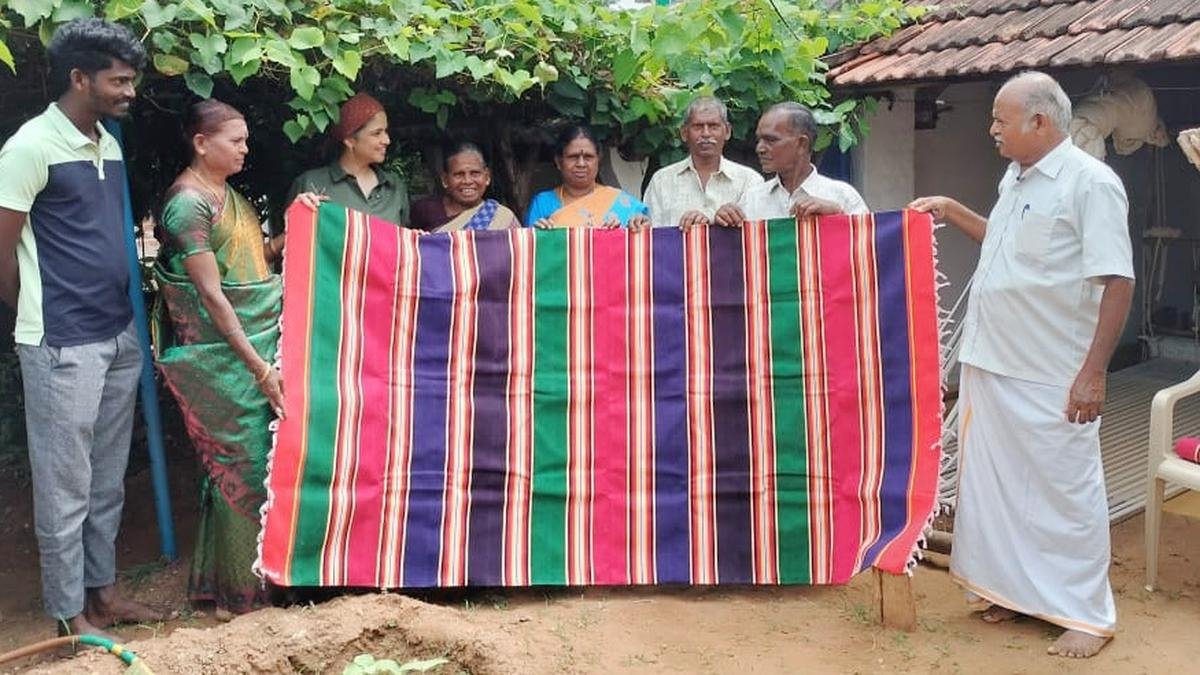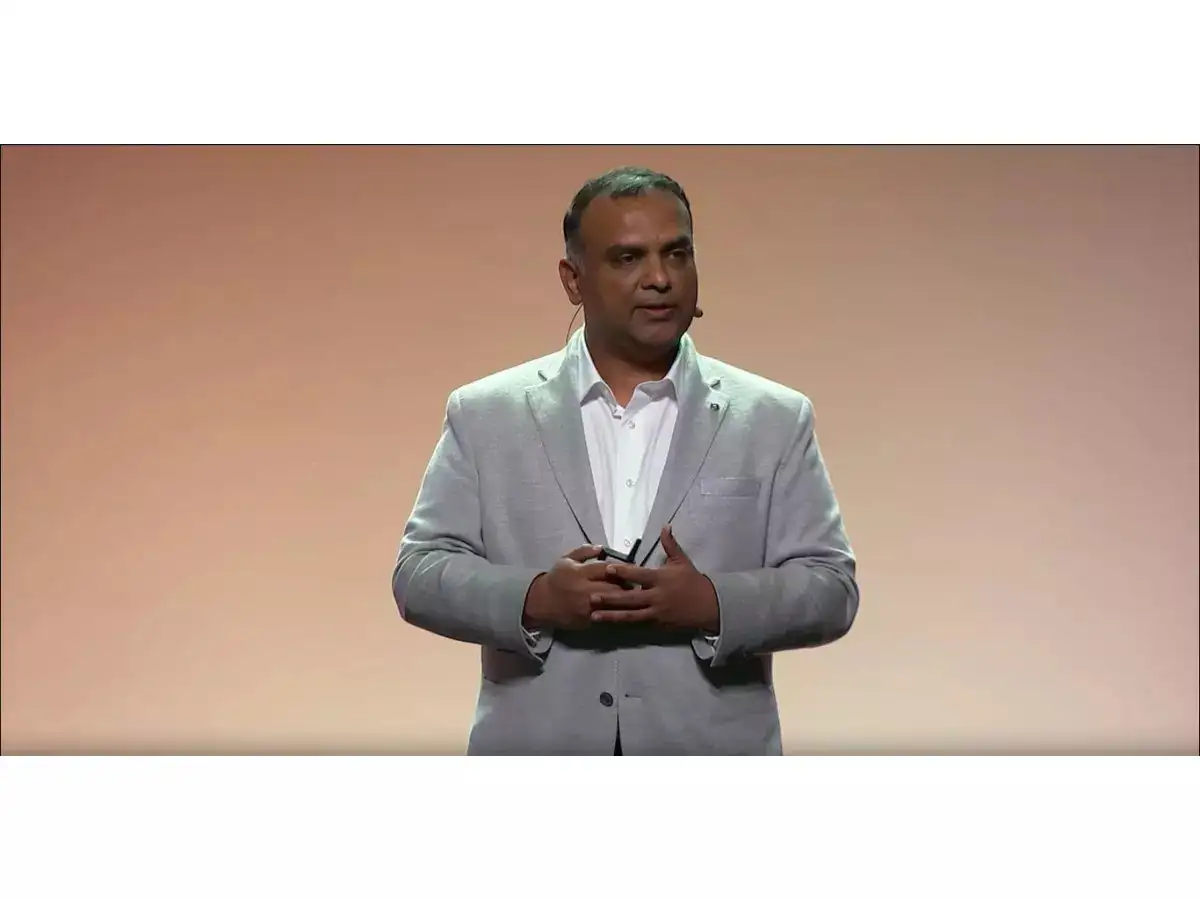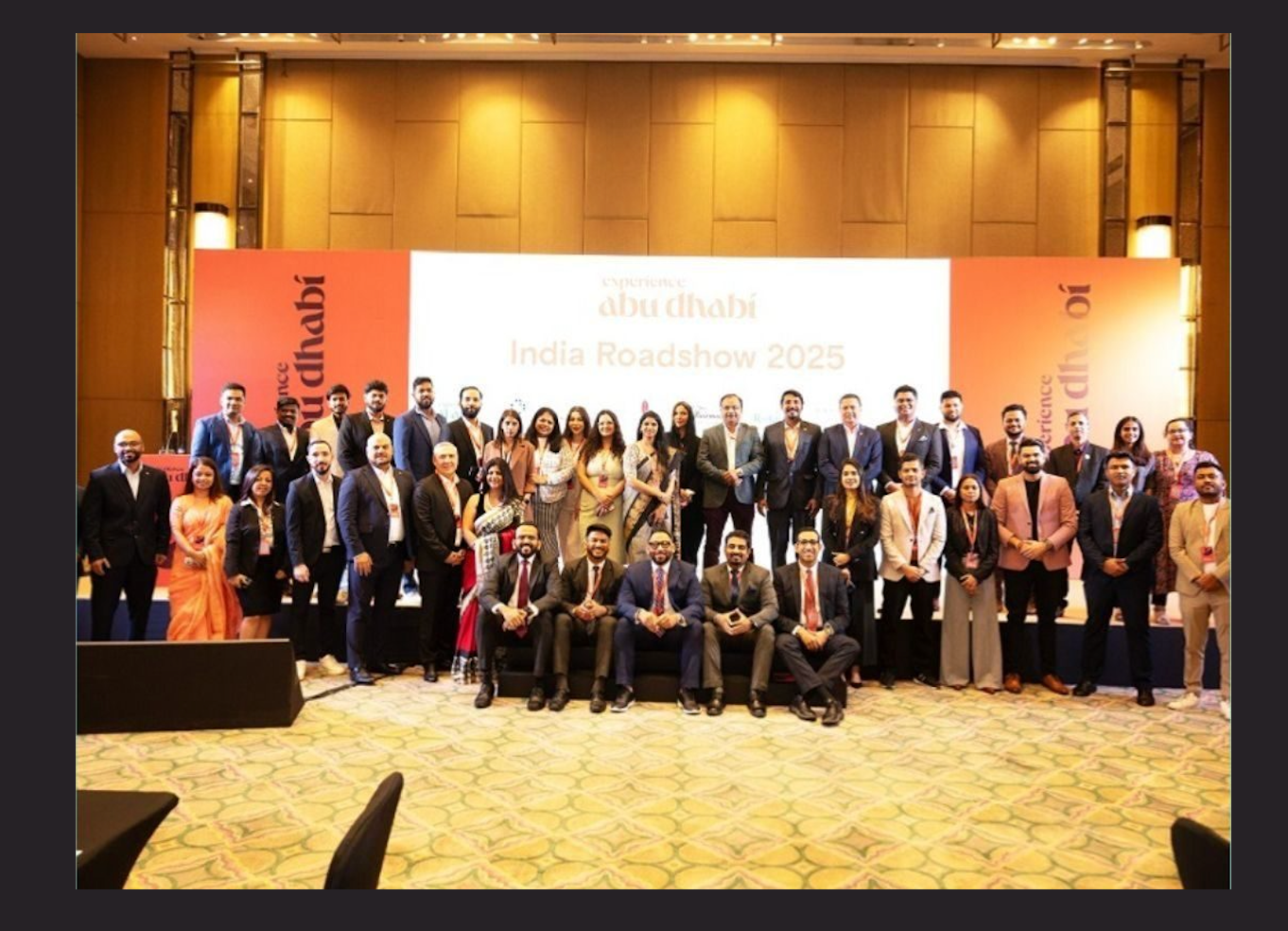In fiscal 2022 alone, 967,500 immigrants passed the naturalization test and took the oath as US citizens
The US citizenship test is going to be a little more difficult to obtain for those with low proficiency in English language. Statistically, the United States welcomed more than 7.6 million immigrants as naturalized citizens in the last decade. In fiscal 2022 alone, 967,500 immigrants passed the naturalization test and took the oath as US citizens, reported indianeagle.com.
Reportedly, the US naturalization test is undergoing a revision to incorporate new elements – which is likely to go into effect later in fiscal 2024. The upcoming changes to the naturalization test for US citizenship have already raised concerns among immigrants and advocates. A new verbal section is among the most anticipated changes that the US Citizenship and Immigration Services has proposed.
The US citizenship test is being revised for the purpose of assessing the applicants’ verbal proficiency in English the better way than now. In the new verbal communication test, the applicants would be required to verbally describe the visual content of some photos of daily activities. Currently, the applicants’ English-speaking ability is tested during the naturalization interview. An officer asks them some personal questions that they have attempted in the naturalization paperwork.
There are fears about the impact of the proposed addition to the US citizenship test. Many Indian immigrants think that the new verbal communication section could make elderly applicants feel more nervous during the test as they would fall short of exact English words to describe visual images.
Another highly anticipated change to the naturalization test for US citizenship is intensifying applicants’ worries. The section wherein an applicant’s knowledge of US history and civics is tested verbally is likely to get a multiple choice format. Currently, an officer asks 10 questions that the applicant answers orally in a short format. US immigration lawyers opine that the multiple choice format would make the applicant read a lot and take them longer to answer the questions than in the oral format.
Precisely, in the current format, the applicant is required to name a war out of the five wars – World War I, World War II, Korean War, Vietnam War, and Gulf War – that the US had fought in the 1900s. It assesses their comprehensive of the English language and helps understand whether they get the question right. But the assumption is rife that the multiple choice format would require them to read the question and select the correct answer out of 4 to 5 choices, as in the below example:
Name a war that the US fought in the 1990s:
Civil War
Mexican-American War
Korean War
Spanish American War
They can give the correct answer only if they have an idea of all of the wars that the US fought in the 1900s. It would require them to read and memorize a great deal of the book of 100 civics questions with answers.
If the US history and civics section gets a multiple-choice format, the applicant would have to build a good base of knowledge in order to answer at least 6 out of 10 questions correctly. The good thing is that the bank of 100 civics questions is provided to the applicant prior to the citizenship test in the US. Hence, it is assumed that the proposed changes to the US citizenship test would make it hard for immigrants with low English literacy.
********************************************************
Readers
These are extraordinary times. All of us have to rely on high-impact, trustworthy journalism. And this is especially true of the Indian Diaspora. Members of the Indian community overseas cannot be fed with inaccurate news.
Pravasi Samwad is a venture that has no shareholders. It is the result of an impassioned initiative of a handful of Indian journalists spread around the world. We have taken the small step forward with the pledge to provide news with accuracy, free from political and commercial influence. Our aim is to keep you, our readers, informed about developments at ‘home’ and across the world that affect you.
Please help us to keep our journalism independent and free.
In these difficult times, to run a news website requires finances. While every contribution, big or small, will makes a difference, we request our readers to put us in touch with advertisers worldwide. It will be a great help.
For more information: pravasisamwad00@gmail.com










